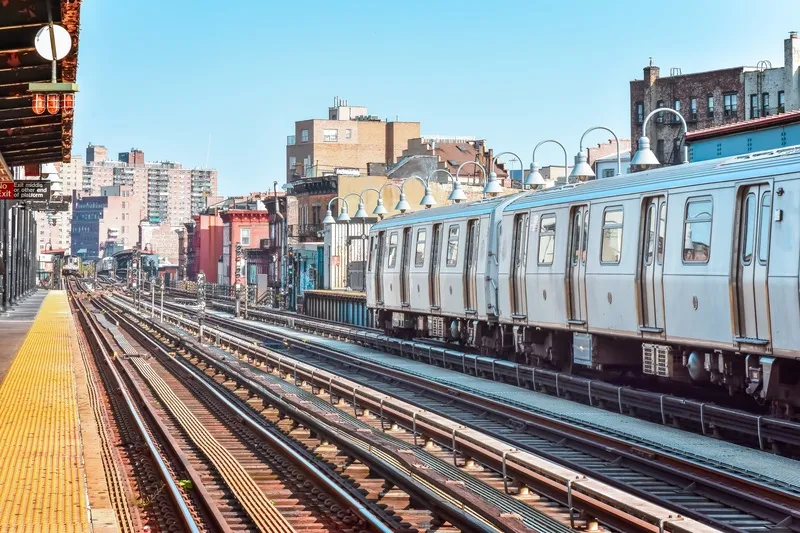
That is the key finding of research by Mobility as a Service app Transit, which found that the millions of essential workers currently on buses and trains in the US are “mostly female, people of colour and poorly paid”.
In a blog post, Transit says app usage has been steady at around 77% lower than usual during the lockdown.
The company conducted a survey of the remaining 23% “to show how public transit was being used during Covid-19”.
“By better understanding who is riding public transit, we hope we can help agencies and governments make informed choices about transit operations during the pandemic,” the company went on. “Things are changing at warp speed.”
“We expected to see a surge in healthcare workers. What we also saw was a steep drop-off of white (and male) riders. Most of those left riding are women, and people of colour.”
Transit says it had a 50/50 gender split prior to the pandemic – but now 56% of riders are female – a figure which jumps to more than 68% in Philadelphia.
Transit says there has also been what it calls a ‘white flight’ from public transit, with ridership by white people dropping by half.
“Black and Latino riders now make up the majority of Transit’s users,” it says.
The vast majority of people — 92% — are using public transportation to commute to work, especially in jobs such as grocery stores, bakers and food takeaways.
Around 20% of riders work in healthcare – rising to 35% in New York City.
“Without adequate transit service, we risk overcrowding —which puts healthcare workers (and everyone else) at greater risk,” Transit says.
In terms of money, just 5% of riders are ‘high-income workers’, with more than 70% earning less than $50,000 a year.
Transit concludes: “The questions about equity raised by our rider survey are impossible to ignore. Who society deems ‘indispensable’, and who is actually getting paid like they’re ‘indispensable’ could not be more divergent.”
“And the amount of ‘white flight’ risks making public transit more marginalised than it already is. When things settle down, and when more people begin to return to public transit, we’re all going to have to ask ourselves some tough questions about how our transportation dollars are allocated. Our society’s dependence on good public transit has never been so obvious.”
The webinar below goes into greater detail on the figures









